University of California San Francisco
Give to UCSFCould What Makes Multiple Sclerosis Worse Lead to a Cure?
A large, collaborative study on multiple sclerosis (MS) severity found that a single gene variant is predictive of much faster neurodegeneration in MS patients.
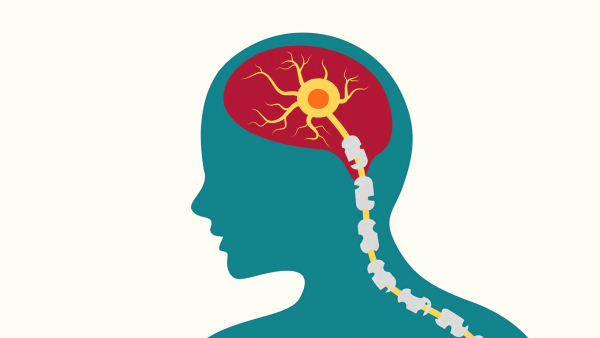
You’ll Soon Be Able to Get a Blood Test for Alzheimer’s. Will You Want One?
The advent of cheap, easy-to-use blood tests for Alzheimer’s disease has the potential to revolutionize diagnosis and treatment. But they also raise difficult questions that the field is only beginning to consider.
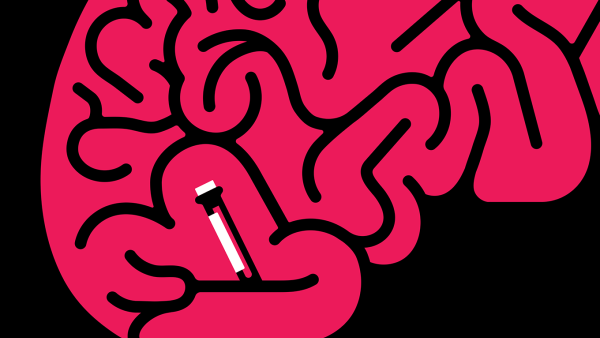
Can Neuroscience Help Stem the Tide of Teen Depression?
A new treatment approach draws on research into the unique teenage brain.
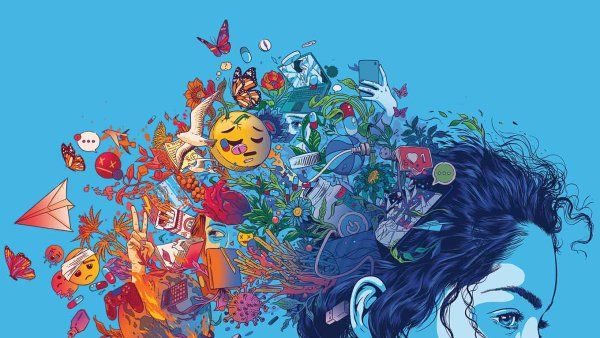
Can this Medication Reverse MS? Brain Biomarker Shows It Can
UCSF researchers developed an approach to measure an over-the-counter allergy medication’s effectiveness in repairing brain damage from multiple sclerosis (MS), making it possible to also assess future therapies for the disorder.
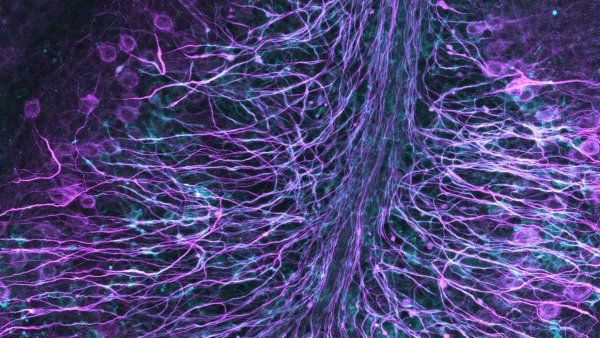
Beating Seizures by Jamming the Cellular Circuitry
UCSF researchers discover how gabapentin interacts with calcium channels, opening doors for more effective treatments in epilepsy and Lupus by influencing channel biogenesis.
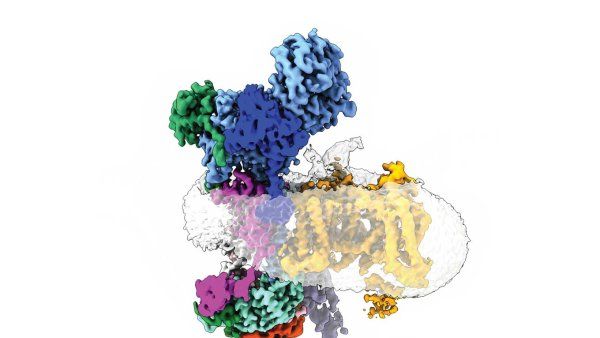
Has Science Cracked the Code on Chronic Pain?
In a first, researchers have identified chronic pain pathways in individuals directly from their neural activity, showing promising paths forward for treatment.
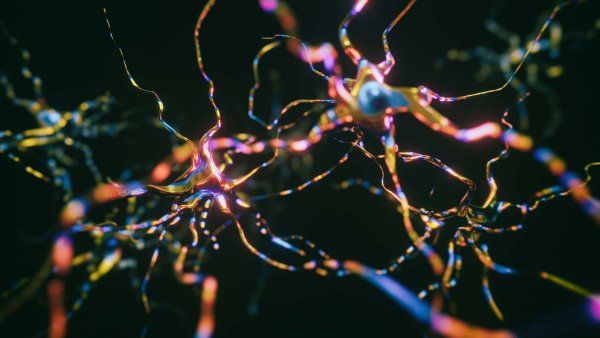
Chemical Exposure May Raise Your Risk for Parkinson’s
Exposure to trichloroethylene (TCE), a chemical found in the air, water, and soil, may increase the risk of Parkinson's disease by 70%, according to a UCSF study. TCE is commonly used today as a degreasing solvent.
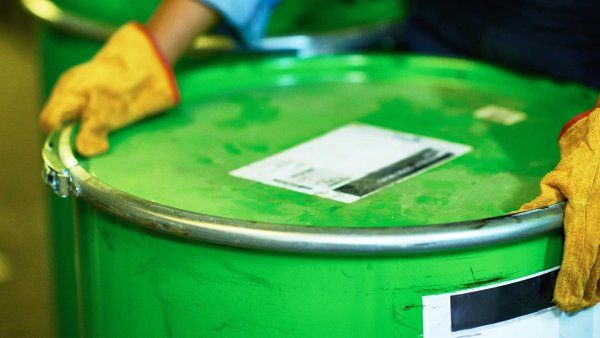
Scientists Discover a Deadly Brain Cancer’s Hidden Weakness
UCSF scientists have found that brain cancer glioblastoma can cause cognitive decline by affecting neural connections, but the epilepsy drug gabapentin shows promise in blocking this activity, offering hope for new treatments.
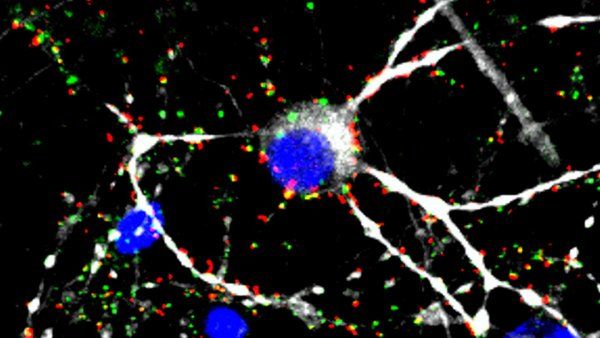
Sleep Phase Can Reduce Anxiety in People with PTSD
Sleep spindles, bursts of brain activity during NREM2 sleep, may regulate anxiety in PTSD, challenging recent studies. Non-invasive therapies could provide relief, such as prescription drugs or electrical brain stimulation. Sleep hygiene is also recommended to maximize the benefit of spindles after a stressful episode.
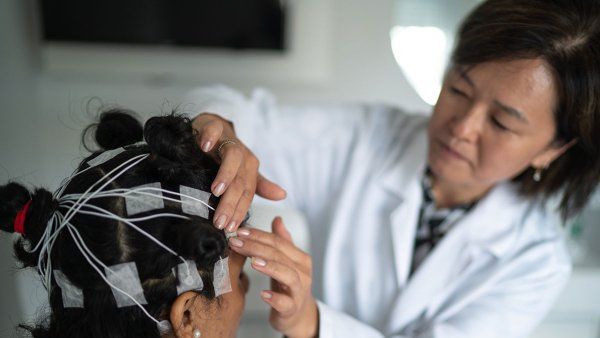
Overwhelmed? Your Astrocytes Can Help with That
A newly discovered brain circuit recruits brain cells called astrocytes to calm overactive neurons to produce a calming and relaxing effect.
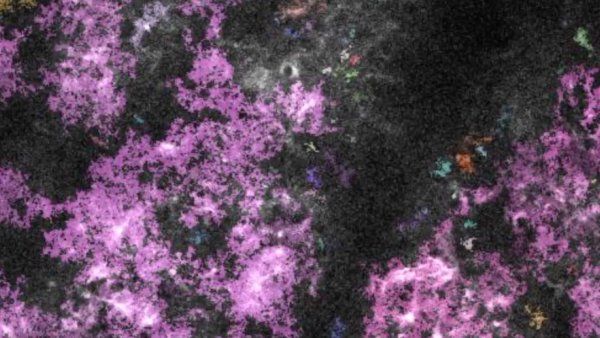
Thermo Fisher Scientific Opens Cell Therapy Facility at UCSF to Accelerate Development of Breakthrough Therapies
Thermo Fisher Scientific Inc. and UCSF will accelerate advanced cell therapies for difficult to treat conditions like cancer from a new manufacturing facility.
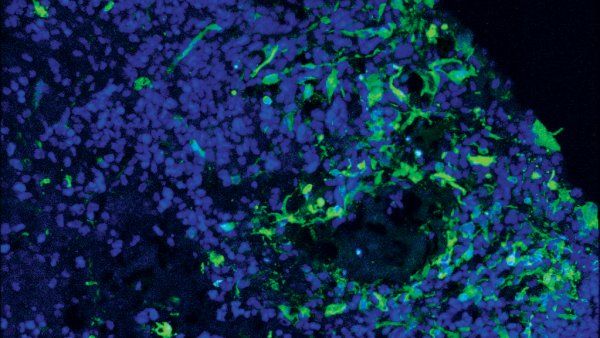
UCSF Neurologist Celebrated for Innovative Epilepsy Research
Jon Kleen is named the 2023 Dreifuss-Penry Epilepsy Award recipient by the American Academy of Neurology (AAN). He is honored for his contributions to epilepsy treatment.
